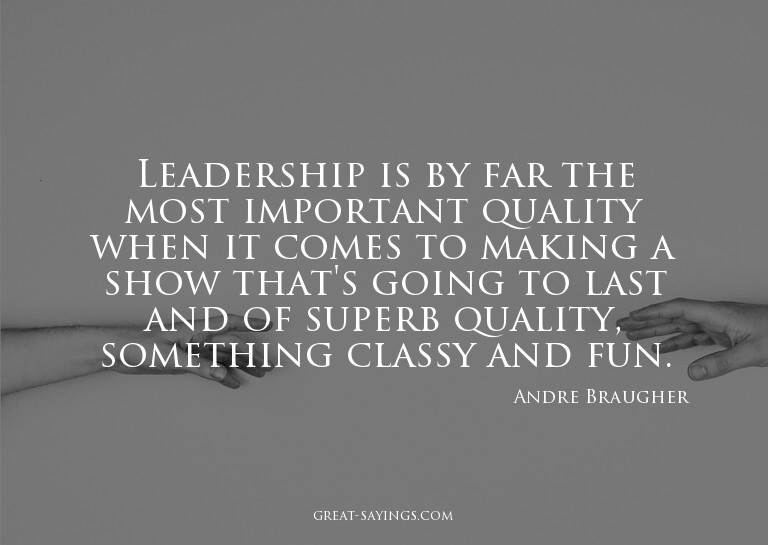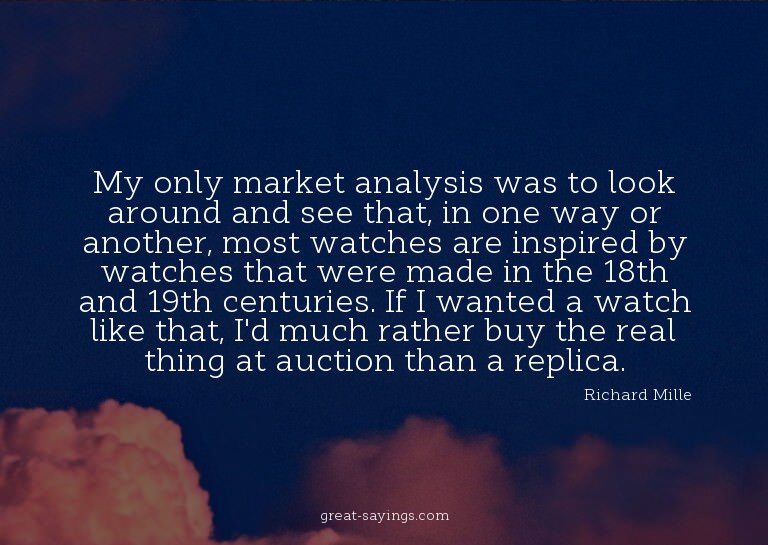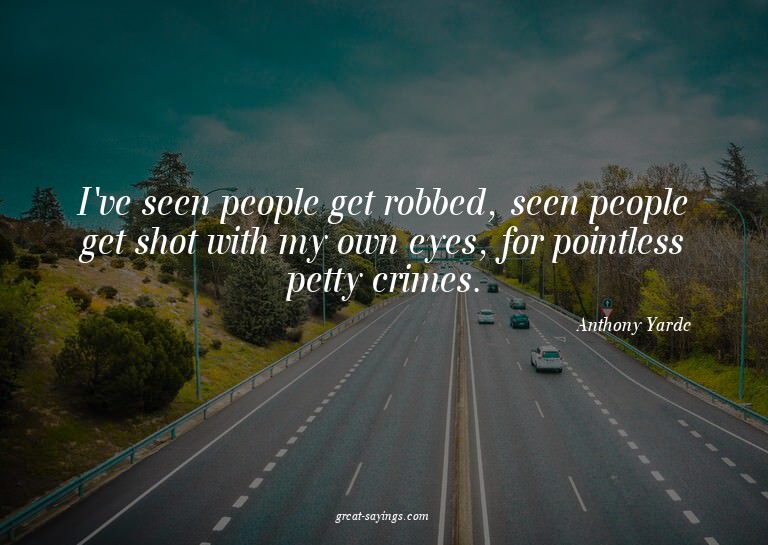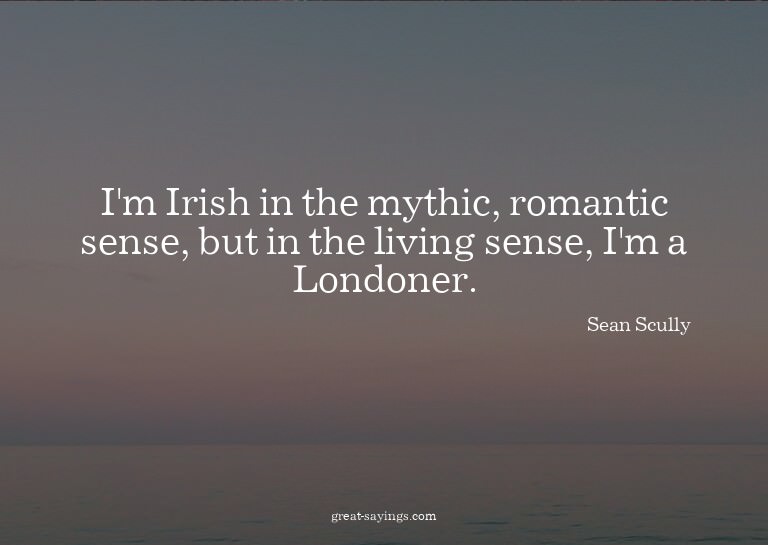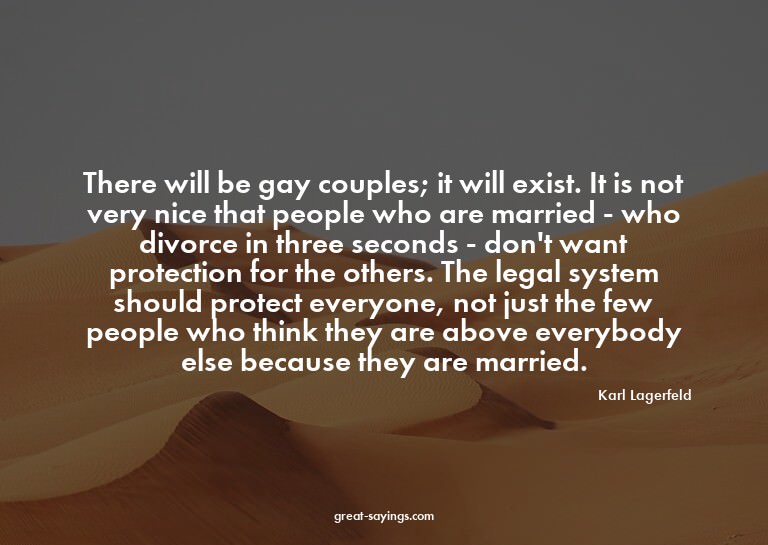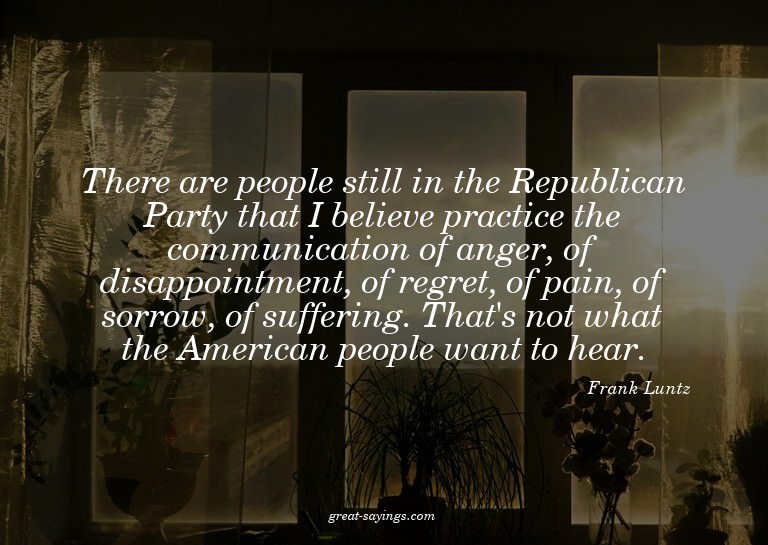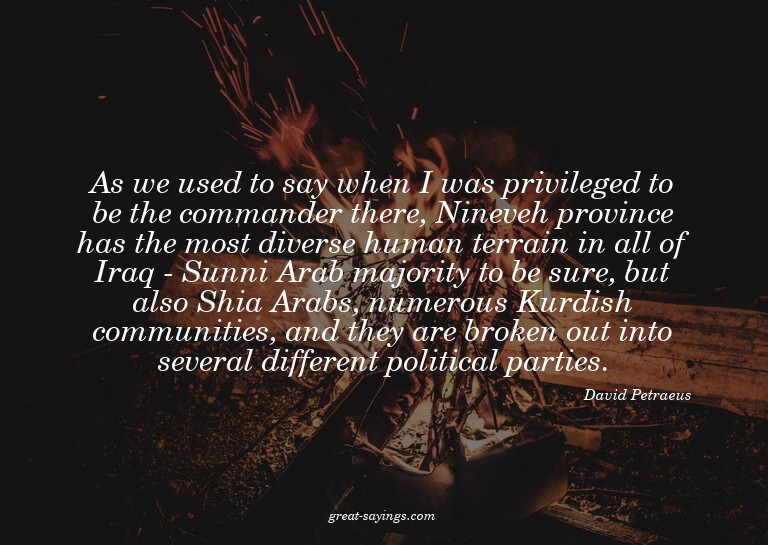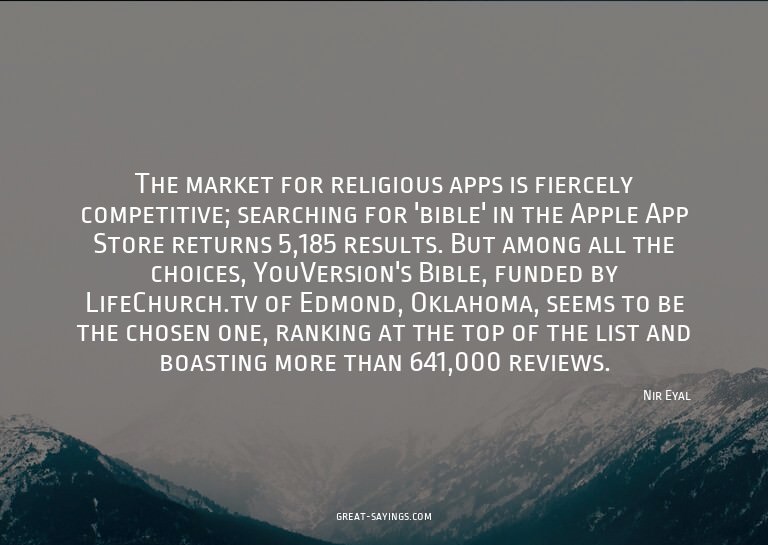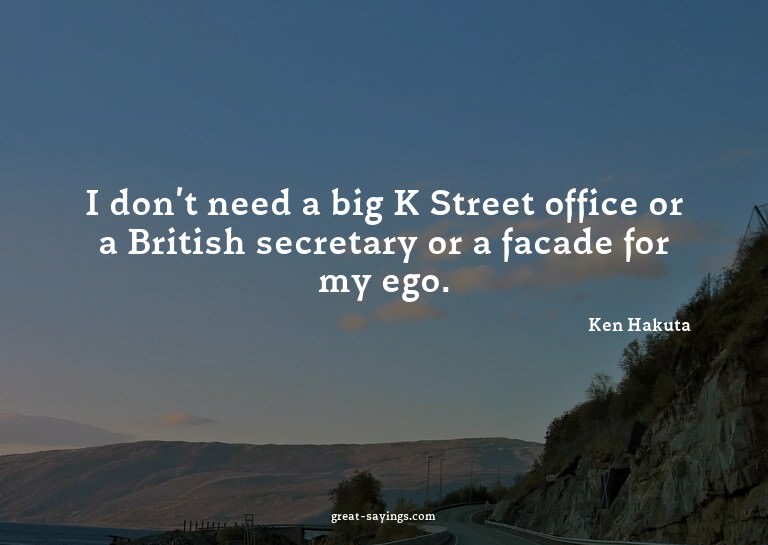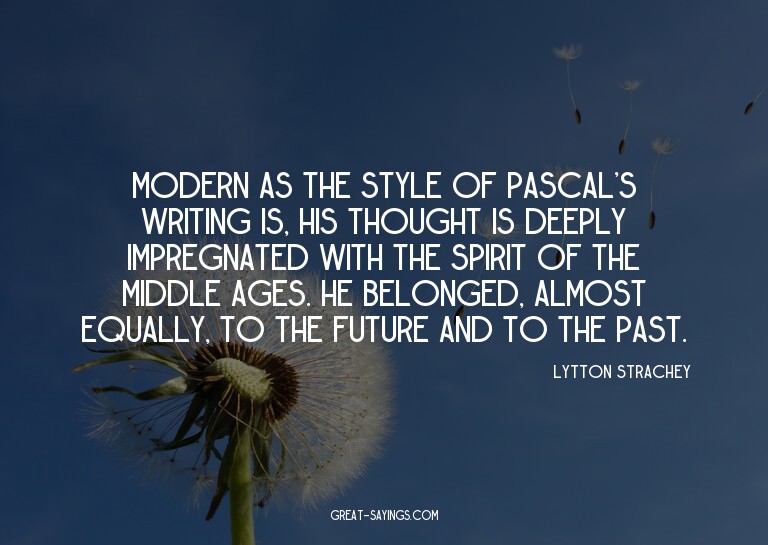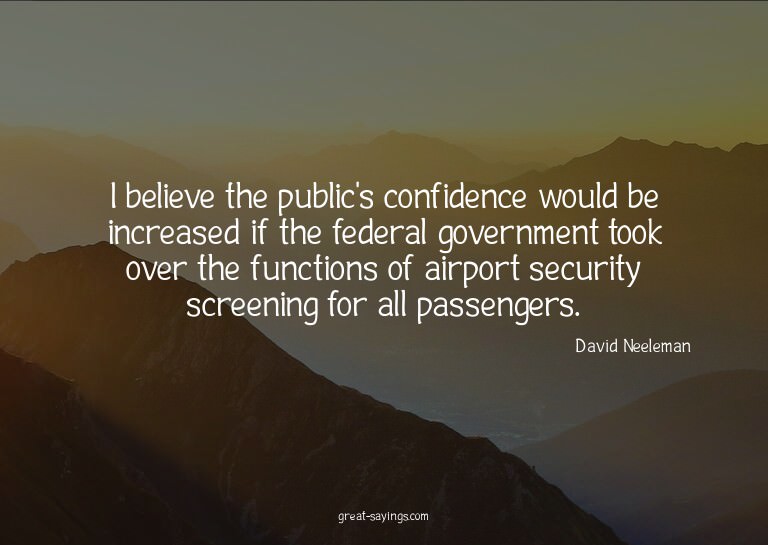Words matter. These are the best Storytelling Quotes from famous people such as Kathy Burke, Mike Mitchell, Catherine Reitman, Jay Duplass, Mordicai Gerstein, and they’re great for sharing with your friends.
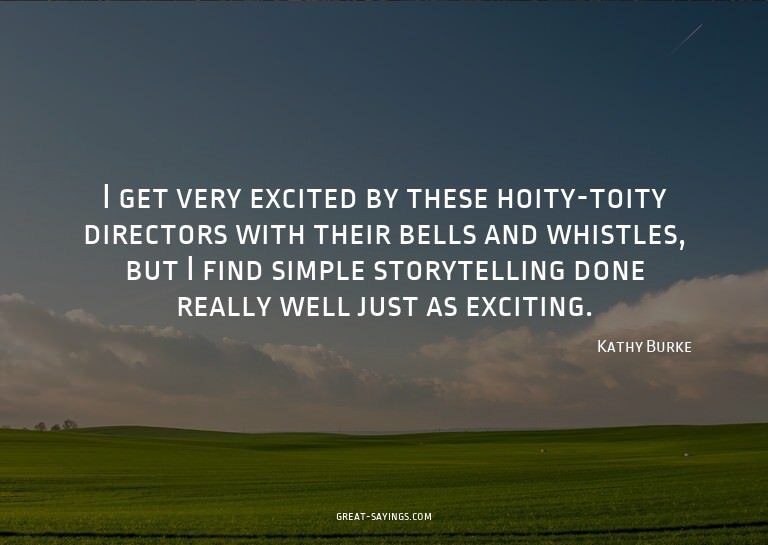
I get very excited by these hoity-toity directors with their bells and whistles, but I find simple storytelling done really well just as exciting.
The narrative shouldn’t stop for the song in a musical. The music has to continue the narrative of the storytelling.
Because there is less female storytelling, especially motherhood storytelling, there has been immense pressure on my storytelling to represent more people, and to do so in a sort of unrealistic way.
Independent filmmaking burns off a lot of storytelling fat.
I had always loved cartoons, especially ‘Bugs Bunny,’ and I found I enjoyed making animated films. Even a 30-second commercial involved drawing and painting, storytelling, not to mention actors, music, and sound effects.
The thing that I took away as an early fan from Bob Dylan was the storytelling aspects. He can tell some wicked stories.
‘How to Train Your Dragon,’ the first one, was a film I’d seen prior to being approached for the sequel. I don’t often watch family animated movies, but it’s one that I loved and thought was really well done: beautifully crafted storytelling.
Storytelling has changed. Shows like ‘Adventure Time’ have taken storytelling in a different direction.
The history of storytelling isn’t one of simply entertaining the masses but of also advising, instructing, challenging the status quo.
We are the storytelling animal.
I’m very heavily involved in the editorial post-production process, and the camera – it’s just such a big part of my storytelling language. I like creating the tension; I like creating the emotion through the movement of my camera, or the lack of movement through my camera, depending on what fits the scene best.
Specificity is what makes good storytelling, and good storytelling is what makes money, and making money is then what encourages new producers to invest in different stories about Asians.
We need storytelling from all angles. We need men, women, and trans people participating in all aspects of filmmaking; this is the only way we can depolarise the age-old standard of singular perspective.
In comics, my experience has been mostly artists whose visual storytelling chops are either weak or they’re more invested in rushing to a paycheck than in doing work they can be proud of.
Primes seem to me to be these unarbitrary, unique, fated things. It cannot be coincidence that the mythical numbers of storytelling like 3, 7, and 13 are random. The lower-end primes have incredible resonance in fiction and art.
I think it’s intelligent, emotional, character-rich storytelling – at the core, I think those are the most important elements, and I think they can be found across all of our dayparts. That’s what, for me, ABC really stands for.
I guess I would say that most of what I’ve learned about storytelling derives from novels and short stories. I cannot think of a novel or story, or a novelist or story writer, who thinks in terms of three-act structure.
That’s what storytelling is. It’s excising the demons and taking a look at the hard subjects.
As a generalization, fantasy writing has leaned more on political storytelling the more it’s tried to escape the inevitable influence of Middle-earth, and revise the Eurocentric and Christian tropes that Tolkien’s particular worldview bequeathed.
Storytelling is the game. It’s what we all do. It’s why Nike is Nike, it’s why Apple is Apple, it’s why Walt Disney built Disney World and it’s why Vince McMahon makes a billion dollars.
Whenever two guys got together, you asked, ‘What body part would you like to work?’ In my case, it was the arm. Most guys wanted to feed me for that arm drag. We always believed in storytelling, so if I had the arm, the heel would get away for a moment – or heel his way away – and then I would get back to it.
I joke that I learned the essentials of storytelling from Hanna-Barbera, but I pretty much did. That kind of television is what enamored me as a kid, and that’s what really got me hooked. You could say that’s where it all began.
I’ve never been a fan of whimsical or confusing storytelling.
I don’t consider what I do ‘art.’ It’s ‘storytelling.’
To me, storytelling is a mystery. Especially when you’re directing.
In 21st-century storytelling all bets are off: anybody can do anything. We’re all storytellers.
I’m interested in seeing artists whom I respect who are very focused on the Black Lives Matter moment, bringing that into storytelling in a way that really amplifies the beauty and the humanity of people of color, and does it without having to wave a big sign that says, ‘This is what we’re doing.’
There were moments in ‘Malala,’ I felt very moved by the storytelling, and ‘pleased’ would be the wrong word, but the music could be part of what moved me: that I was trying to contribute to something that was meaningful outside the realm of creative work but just more in terms of the world.
I think world creation and monster creation and all of that stuff is exciting as a secondary element of storytelling. When it becomes more important than storytelling, I get very nervous, and you sort of lose me a little bit.
I love storytelling.
Thanks to the proliferation of information being consumed on mobile devices and the Internet, management changed ‘SportsCenter’ from being a show where highlights and storytelling ruled the day to a show where analysts ruled the day.
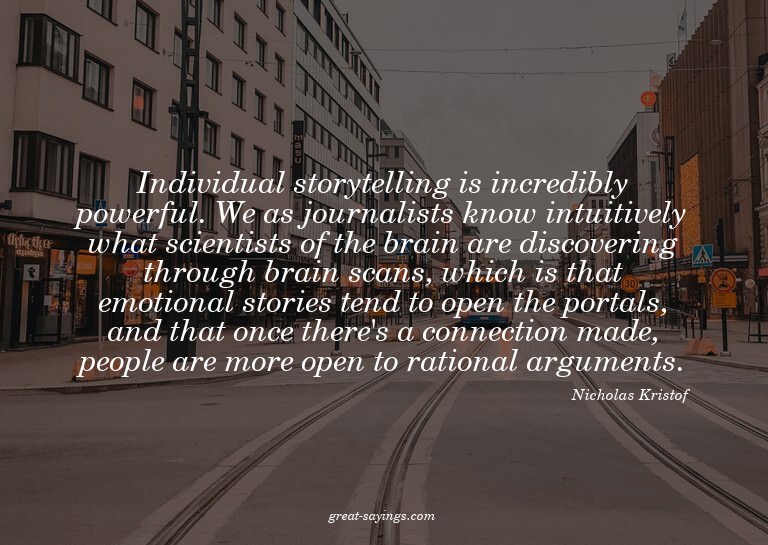
Individual storytelling is incredibly powerful. We as journalists know intuitively what scientists of the brain are discovering through brain scans, which is that emotional stories tend to open the portals, and that once there’s a connection made, people are more open to rational arguments.
‘Black Mirror’ obviously has its own universe, with a very strong fingerprint and strong themes, and I was intrigued on reading. It’s such a powerful piece of storytelling.
It’s about storytelling. The story is told through images. So with the cast, I had to make sure that the emotions were readable without sound… I know some great actors, if you turn off the sound, you don’t really know what they’re saying.
Elvis Costello’s song writing is so peerless and individualistic. It’s storytelling and it’s deeply intelligent and clever.
Visual storytelling combines the narrative text of a story with creative elements to augment and enhance the traditional storytelling process. By design, it is a co-creative process resulting in an intimate, interpretive, expressive technique.
I think there’s so many points of view that you want to make sure your stories are being told from men and women… you get all of the different backgrounds. You don’t want every story being told from the same point of view. So just for better storytelling, I’m like, ‘Yes, please, bring some more ladies on.’
Whether it’s Brad Pitt up there, if there’s a good moment up there, and you get pulled into the emotion, you’re not thinking, ‘Oh, that’s Brad Pitt. He’s an actor, and he’s famous.’ That’s kind of the nature of storytelling, right? You sit around the fire and tell a story, and you can get sucked into that story.
When I read a script, the important thing is that I can connect in some way with that character and have some idea from what his story is that I can tell that story too, because that’s all acting is, is storytelling.
I understand the psychology of the business. I understand who I am and I know how I interact with other people, but that’s a gift, the storytelling. Not everybody has that gift and it’s kind of like the way I work.
As an activist who uses storytelling to combat stigma, I have always been adamant that we tell our own stories.
‘St. Elmo’s Fire’ is one of my favorite films. I like the storytelling of those teenage American films. You don’t get that now. Teenage American movies are all about sick jokes, puking a lot, arse jokes.
I’ve always had an idealistic streak about storytelling in that I believe we owe more to audiences than repeatedly bludgeoning them over the head while stealing their lunch money. We owe them inspiration. That’s why I’m more interested now in creating new heroes than hooking up jumper cables to old ones.
I’d like to think that we strive in film and theatre to tell great stories, and I believe in the power of storytelling in our culture.
Storytelling enables us to play out decisions before we make them, to plan routes before we take them, to work out the campaign before we start the war, to rehearse the phrases we’re going to use to please or placate our wives and husbands.
I mean, I’m in the business of storytelling, not message making.
I think there is a real thing going on where writers are feeling more liberated to write with a big canvas because of a demonstrable, continued appetite for long-form storytelling.
I like narrative storytelling as being part of a tradition, a folk tradition.
If there’s a new HBO series, you know there’s going to be a certain level of storytelling mastery – that you can trust it.
I don’t assume, because I can write screenplays, that I know how to write a novel. It’s a very different world. There’s a craft involved in storytelling, and it’s a different kind of craft. But yes, someday I will do that. It just might be awhile.

